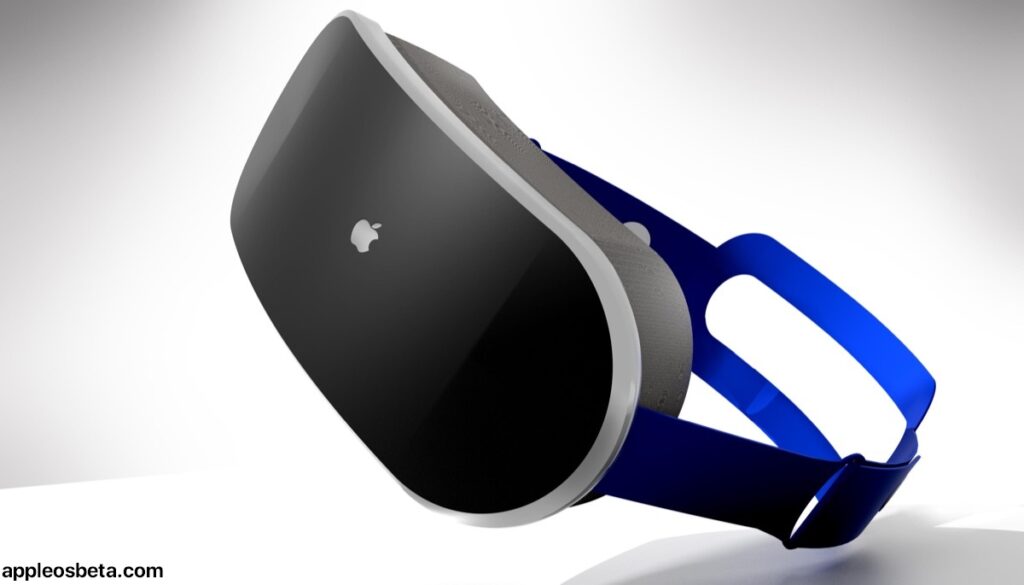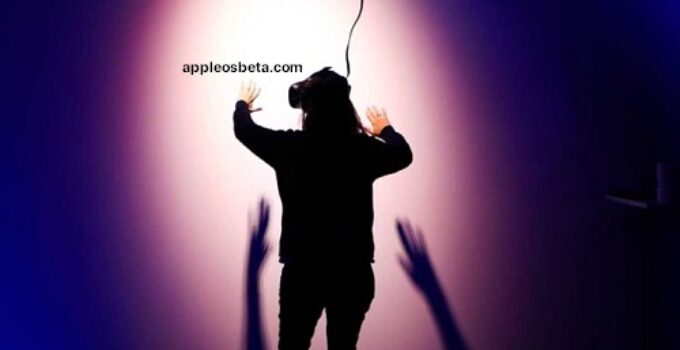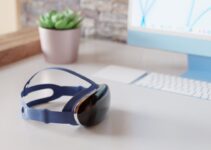Apple’s Mixed Reality headset will let you write by drawing in the air. The Mixed Reality viewer that Apple should present at the WWDC (developers conference) in June, will offer an “in-air” writing function and can also be used without an iPhone.
iPhone 15 Pro Max, rendered with a slimmer camera hump
This was reported by Bloomberg’s Mark Gurman in the latest issue of his newsletter “Power On”, explaining that having the iPhone as a mandatory requirement is unlikely, contrary to what happens with the Apple Watch.
The initial configuration of the device can presumably be completed even without an iPhone and the contents downloaded independently, including data from ilLoud.
“In-air” writing should be a system that will allow you to type texts by drawing letters in the air, taking into account eye movements and hand gestures, but it should also be possible to connect an iPhone and take advantage of the touch keyboard on the screen of this ‘last.

The first version of the device should be called “Reality Pro”, the device previewed at WWDC, while for actual availability it will be discussed before the end of the year. The Cupertino multinational would already be planning other variants of the viewer, including a less expensive model that should arrive in 2024 or 2025, a device that could be called “Reality One”, while the second generation of “Reality Pro” is being thought of
For the next generation Apple would be working on performance improvements, since – according to Gurman – the first version would not yet offer the power that Apple would have wanted from the beginning on the graphics side: FaceTime calls, for example, will apparently support at maximum graphic representation of two people at a time. Again according to Gurman, for the second generation of the viewer, Apple intends to exploit M3 or M4 chips to increase performance to already high possible levels.
Meanwhile, the various Apple teams are working on specific solutions for the viewer. According to analyst Ming Chi Kuo, the first headset will offer computing power comparable to the latest Apple Silicon Macs, thanks to two Apple-designed chips, one to handle the headset’s high-resolution graphics, which looks like up to two 8K screens, the second chip instead dedicated to the management of the numerous sensors and integrated cameras. Due to the very high performance components and sensors used this will be a professional device with a high price.

